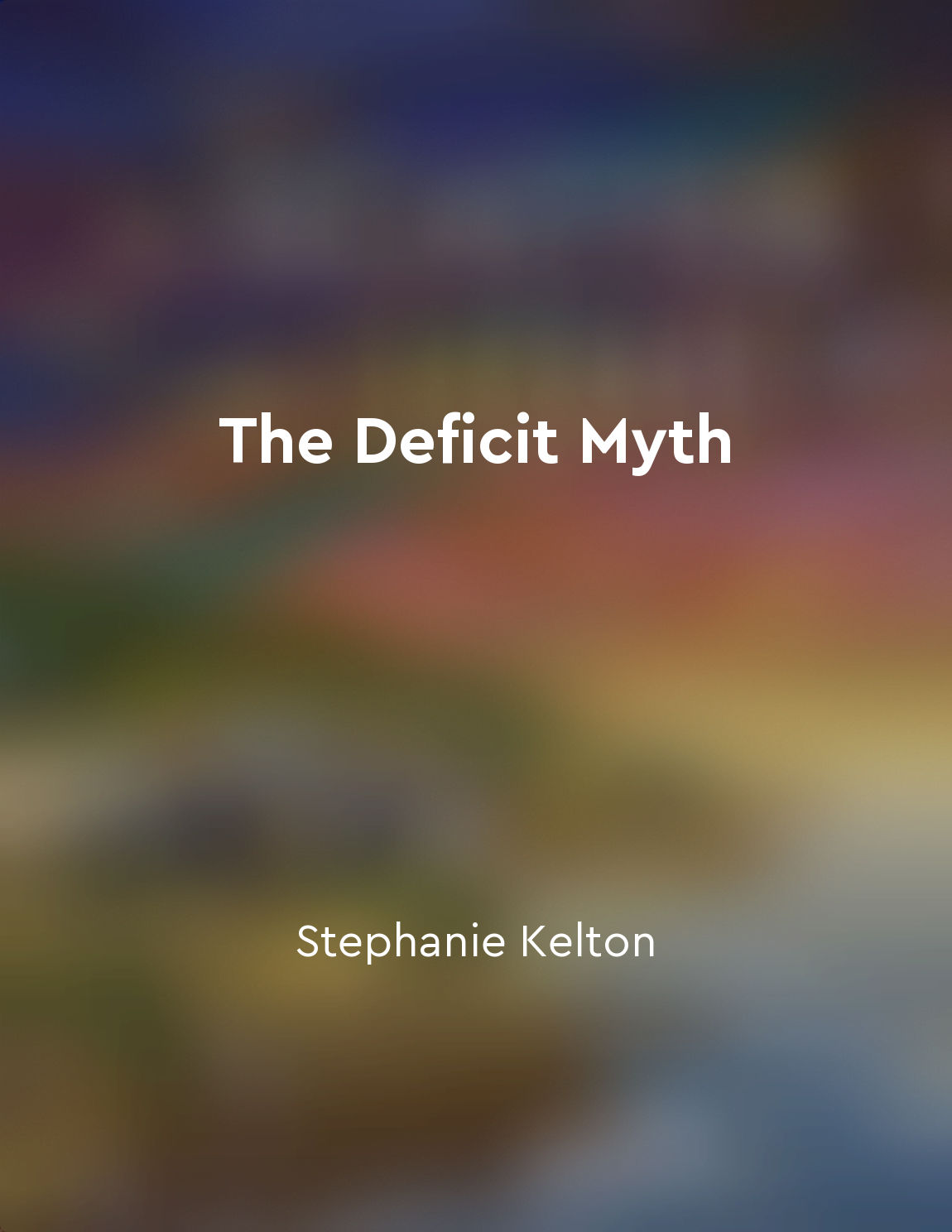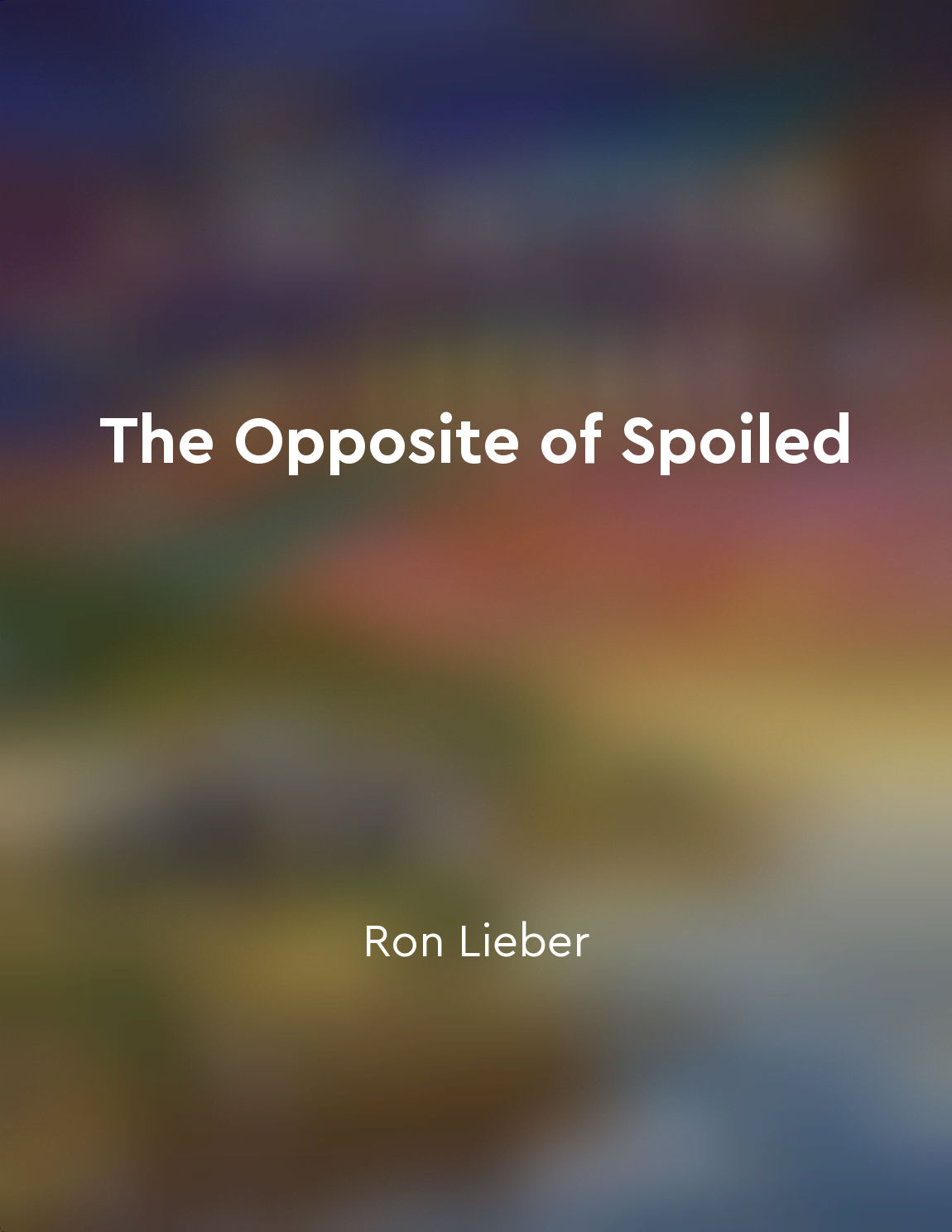Scarcity forces individuals to make choices from "summary" of Economics for Beginners by Andy Prentice,Lara Bryan
Scarcity is a fundamental concept in economics, as it highlights the limited availability of resources in comparison to unlimited wants and needs. This scarcity of resources forces individuals to make choices about how to allocate these limited resources in the most efficient way possible. When resources are scarce, individuals must decide what to prioritize and what to forego, as it is impossible to fulfill every desire due to the constraints of scarcity. In the face of scarcity, individuals must weigh the benefits and costs of different options before making a decision. This process requires individuals to consider the trade-offs involved in choosing one option over another. For example, if a person decides to spend money on a new phone, they may have to sacrifice spending on other items such as clothes or entertainment. This trade-off highlights the opportunity cost of the decision – what is given up in order to pursue a particular choice. Furthermore, scarcity not only affects individuals' choices in terms of consumption but also impacts production decisions. Firms must also make choices about how to allocate limited resources in order to produce goods and services, taking into account factors such as labor, capital, and raw materials. In this way, scarcity influences not only individual decision-making but also the allocation of resources at the societal level. Moreover, scarcity leads to competition among individuals and firms for the available resources. This competition can drive innovation and efficiency as individuals seek ways to maximize their use of scarce resources. For example, firms may invest in new technologies to improve productivity or individuals may seek additional education or training to increase their earning potential.- Scarcity is a pervasive force that shapes individuals' choices and decisions in the realm of economics. By highlighting the limited availability of resources, scarcity necessitates that individuals make trade-offs, consider opportunity costs, and compete for resources. Ultimately, scarcity forces individuals to think critically about how to best allocate resources in order to satisfy their wants and needs in the face of constraints.
Similar Posts
Use the concept of uncertainty to your advantage
Uncertainty is a powerful force that can be used to your advantage in various situations, including pitching your ideas and win...
Be aware of your spending habits and make necessary adjustments
To effectively manage your finances, it is crucial to pay attention to your spending habits and be willing to make changes when...
Subconscious cues: influence behavior without awareness
Subconscious cues are powerful drivers of human behavior. They have the ability to influence our actions without us even being ...

Austerity measures can do more harm than good
Austerity measures are often seen as necessary steps to address budget deficits and control government spending. The underlying...
ISLM model analyzes equilibrium
The ISLM model is a fundamental tool in macroeconomics that helps analyze the equilibrium level of output and interest rates in...

Encourage kids to earn their money
One of the most important lessons we can teach our children about money is the value of hard work. By encouraging kids to earn ...
Let go of fear and anxiety
Fear and anxiety are two powerful emotions that can hold us back from living wholeheartedly. When we allow fear and anxiety to ...
Economic institutions impact wealth distribution
The way a society is organized economically has a significant impact on how wealth is distributed among its members. Economic i...
Stay ahead of the competition by constantly evolving
To succeed in the online business world, you must always be one step ahead of your competitors. This means constantly evolving ...
Monitor and track key metrics to optimize your funnel
To truly understand how well your funnel is performing, you need to constantly monitor and track key metrics. These metrics wil...

